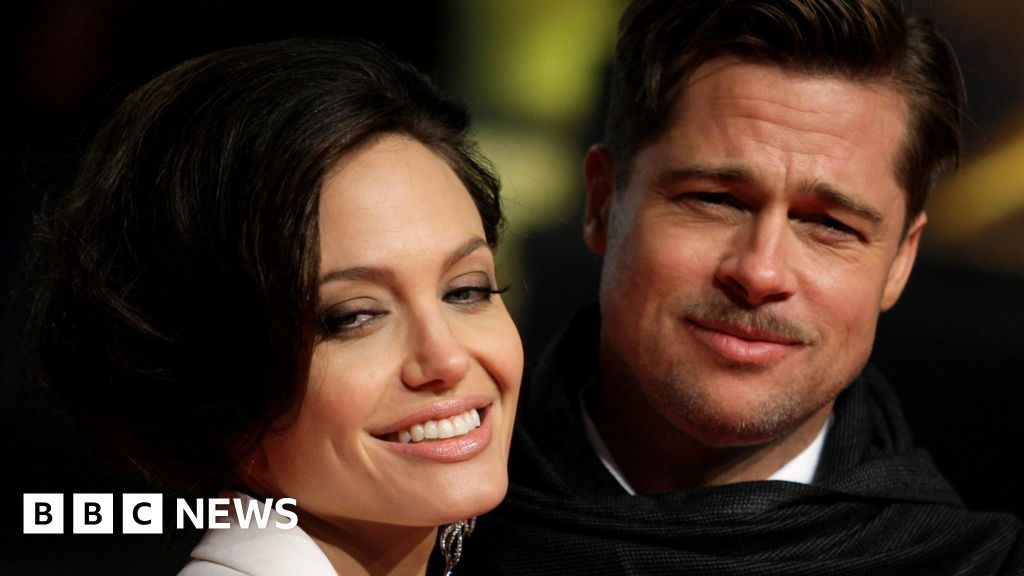Vatican City, Oct 27, 2024 / 05:00 am
One year after the Vatican announced it would open a canonical case on Father Marko Rupnik — an artist and former Jesuit accused of spiritual, psychological, and sexual abuse — victims say they feel disappointment and betrayal at the Church’s lack of response and transparency.
Rupnik has been accused of abusing adult women who were under his spiritual care as part of a religious community he helped found in the late 1980s and early 1990s. Some of these accusations became public through the media in early December 2022, although the priest’s superiors and officials at the Vatican were aware even several years earlier.
While the investigation and trial of Rupnik is still pending, the priest remains free to exercise his ministry in the Diocese of Koper, Slovenia, where he was accepted in 2023.
A year ago on Oct. 27, days before the close of the 2023 assembly of the Synod on Synodality, the Holy See Press Office published a statement saying that Pope Francis had waived the statute of limitations, allowing the Dicastery for the Doctrine of the Faith (DDF) to open a disciplinary case against the now-disgraced priest.
“The pope is firmly convinced that if there is one thing the Church must learn from the Synod [on Synodality] it is to listen attentively and compassionately to those who are suffering, especially those who feel marginalized from the Church,” the Vatican communication said.
A full year later, as the second session of the Synod on Synodality concluded, its final report published Oct. 26 called for “healing, reconciliation, and the rebuilding of trust” in light of the scandal of different kinds of abuse.
Rupnik’s case is still open in the DDF’s disciplinary section, which handles a wide array of Church cases, from the sexual abuse of minors to excommunications for schism, as in the matter of Archbishop Carlo Maria Viganò this summer.
A person working inside the section, who asked to not be named, told CNA that the DDF does not usually comment on open cases but is looking at the merits of Rupnik’s case and examining the procedural steps that can be taken and “the mechanism by which justice can be served.”
The DDF wants to be “sensitive, respecting the process that we’re doing,” the person said, highlighting that all of the DDF’s abuse cases are treated with equal care and attention.
Response of victims
However, some of Rupnik’s alleged victims, and advocates for victim survivors of abuse, have indicated that a lack of transparency around Rupnik’s case and its progress is causing pain and scandal.
Jesuit Father Hans Zollner, an expert on abuse prevention, told CNA via email from Bogotá, Colombia, that he had no information on Rupnik’s case at the DDF, but “uncertainty, lack of information, or lack of transparency in any kind of procedure creates much discomfort and potentially a lot of anxiety in victims of trauma as it triggers the memory of the hurtful experience.”
Anne Barrett Doyle, a director of Bishop Accountability, a U.S.-based nonprofit dedicated to helping victims of clerical abuse, told CNA: “The Vatican’s delay in issuing a verdict in the Rupnik case inflicts further harm on his victims and scandalizes the faithful.”
“We hope Pope Francis orders a resolution soon,” she said. “This is not the transparency he has promised nor the efficient process that mercy demands. Justice delayed is justice denied.”
Two former religious sisters, ex-members of the Loyola Community Rupnik co-founded, shared their testimony and identities publicly for the first time at a press conference earlier this year.
Gloria Branciani, an alleged victim, told CNA via email Saturday that she feels “betrayed once again” that she has not received a response from the Vatican a full year after the investigation began and that “once again no one is taking responsibility for the very serious abuse I suffered.”
(Story continues below)
Subscribe to our daily newsletter
Branciani, who is from Italy, submitted her story twice to the Vatican; the second time she did so together with four other alleged victims in April.
“I first denounced Rupnik in 1993,” Branciani said. “In 2021, the Church asked me again to give testimony about the abuse I suffered; both times [there was no] response from the Church authority.”
She said she hopes for “a clear stance [from the Church] in favor of the victims without further ambiguity causing further suffering and discredit.”
“I hope that the just words of condemnation of the scourge on the abuse of nuns will finally be followed by concrete actions, lacking to date, for me and all the other victims of Rupnik,” Branciani added.
Mirjam Kovač, another alleged victim who went public in February, told CNA via email Oct. 26 that, “for now,” she thinks there is a lack of transparency from the Vatican on Rupnik’s case.
“When I think of what my sisters have gone through, and to some extent me too, I still feel pain and disappointment, both for the abuse and the way in which it was handled by the authorities,” the Slovenian-born former religious said. “I hope the institution and those who represent it will try with all the means possible to build relationships on truth and justice. Not with words alone, but above all with the facts.”
Rupnik’s status
In August 2023, Rupnik was accepted for priestly ministry in the Diocese of Koper, in his native Slovenia, after he was expelled from the Jesuit order for disobedience.
Asked about the priest’s current whereabouts and the status of his priestly ministry, the Koper Diocese referred CNA to a press release from October 2023, which says he was accepted into the diocese “on the basis of the fact that the bishop of Koper has not received any documents of Rev. Rupnik having been found guilty of the alleged abuses before either an ecclesiastical tribunal or civil court.”
The press release also stated that “as long as Rev. Rupnik has not been found guilty in a public trial in court, he enjoys all the rights and duties of diocesan priests.”
The Holy See Press Office did not respond to CNA’s request for information about Rupnik’s status, where he is living, at what point the canonical process at the DDF is, and if there are restrictions to his ministry while he is under investigation.
There were calls for a Vatican investigation into Rupnik at the time accusations against him became public, at the end of 2022, but the doctrine dicastery said at the time he could not be investigated because too much time had passed since the alleged abuse.
Pope Francis lifted the statute of limitations nearly one year later, and the DDF’s investigation into Rupnik began.
Decisions about Rupnik’s artwork
Rupnik’s case has garnered massive public attention due his already-existing notoriety as a popular Catholic mosaic artist and founder of an art and theology school in Italy.
The priest’s works, and works in the same style from students of his art school, adorn hundreds of churches, shrines, and chapels around the world.
In the wake of the allegations made against him, a debate was sparked about whether the artist’s works ought to be covered, removed, or — in the case of photos or prints online — no longer used out of respect for victims of clerical sexual abuse.
The Vatican’s own communications dicastery has come under fire for continuing to feature Rupnik art on its webpages for saints’ feast days.
This summer, the lay Catholic fraternal order the Knights of Columbus announced its decision to cover the floor-to-ceiling Rupnik-created mosaics in the two chapels of the St. John Paul II National Shrine in Washington, D.C., and in the chapel at the Knights’ headquarters in New Haven, Connecticut — at least until the completion of a formal Vatican investigation into the Slovenian priest’s alleged abuse.
Just days before the Knights’ announcement, Bishop Jean-Marc Micas of Tarbes and Lourdes in France said while he personally believes the Marian shrine’s Rupnik mosaics should be taken down, he is waiting to make a final decision on their removal in the face of “strong opposition.”
As a “first step,” the French bishop said Rupnik’s mosaics would no longer be lit up during the Lourdes’ nightly rosary procession.
Hannah Brockhaus is Catholic News Agency’s senior Vatican correspondent. After growing up in Omaha, Nebraska, she earned a degree in English from Truman State University in Missouri. In 2016, she moved to Rome, Italy, where in her spare time she enjoys reading and going on adventures with her husband and son.
 (1).png)
 2 months ago
4
2 months ago
4














